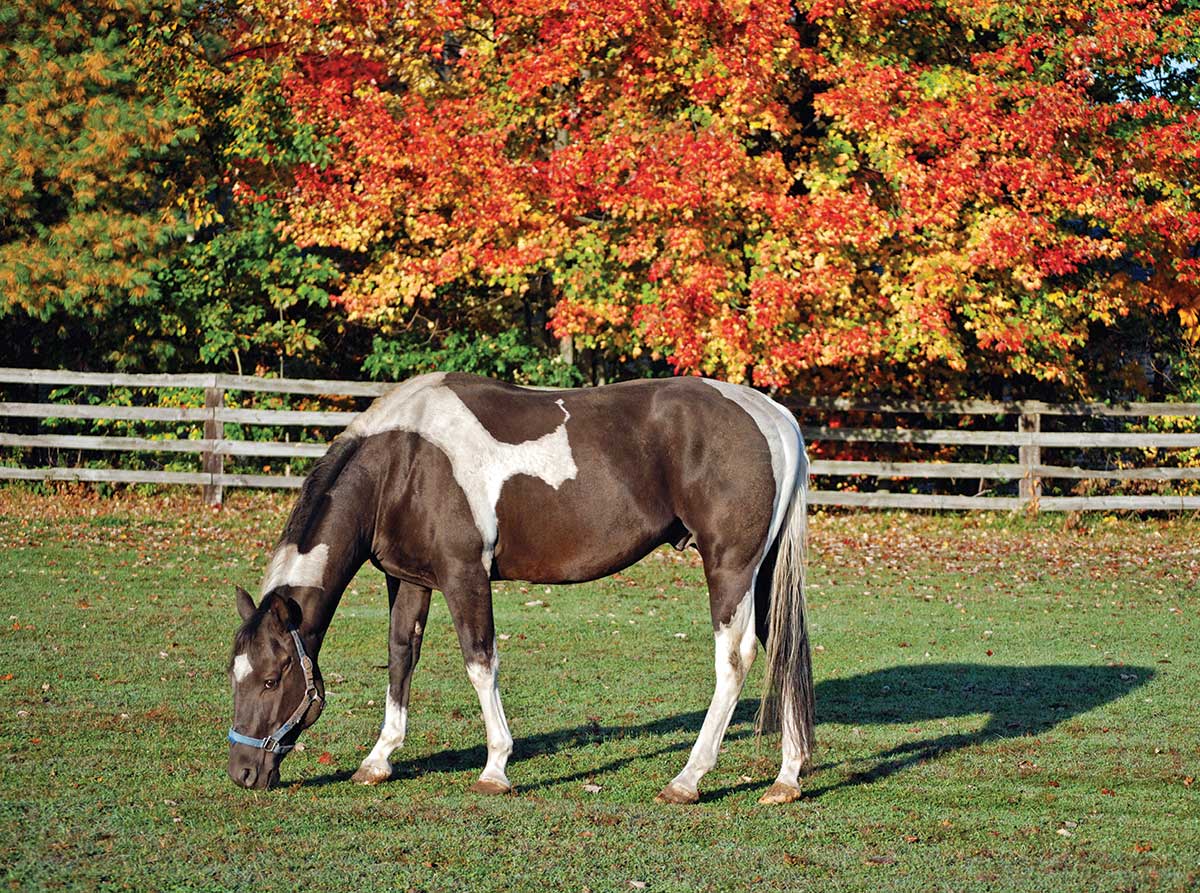
How important is controlling internal parasites? The American Association of Equine Practitioners says it’s probably second in importance only to providing your horse with clean, plentiful water and high-quality feed. Worms can rob your horse of valuable nutrients, damage his internal organs, even cause colic and death. That’s why paying close attention to your deworming program is critical.
Deworming That Works
The current best advice is to deworm based on results of fecal egg counts (see below) rather than on an every-other-month rotation. This helps you avoid overusing specific dewormers, which in turn staves off development of the parasite resistance we’ve seen in recent years.
Work with your regular veterinarian to devise a deworming program for your horses. He or she can assess fecal egg counts to help you tell which dewormers will be most effective at your property, how often deworming is needed, and how to target programs for specific horses.
What Else You Can Do
Keeping your horses safe from parasites involves more than just deworming plans, however. It also helps if you:
• Avoid overgrazing your pastures (this cuts down on the ingestion of parasite eggs).
• Pick up and dispose of manure regularly (and compost it before spreading on pastures being grazed).
• Mow and harrow pastures to break up manure piles, exposing and drying out parasite larvae.
• If feasible, rotate your pastures by allowing sheep or cattle to graze them (this interrupts the life cycles of equine parasites).
• Avoid feeding your horses hay or grain directly on the ground.
• Remove bot-fly eggs regularly from your horses’ haircoats, especially around the legs, chest, and belly.






